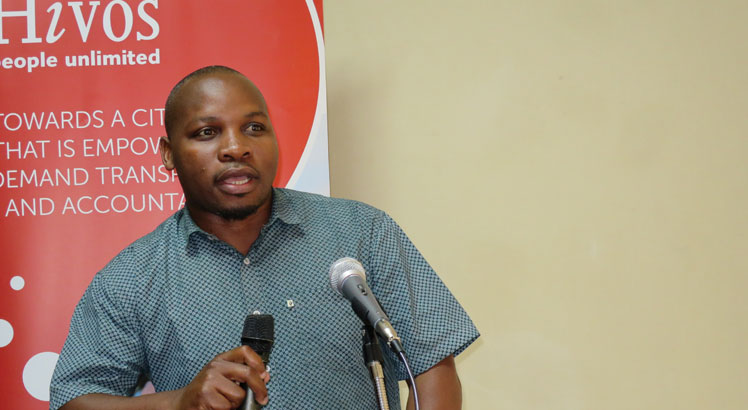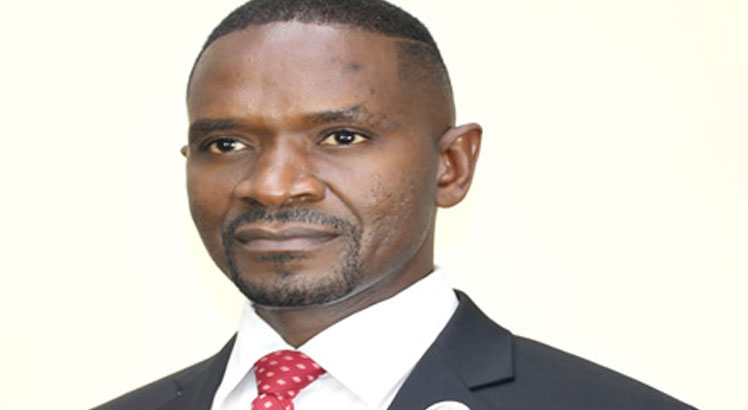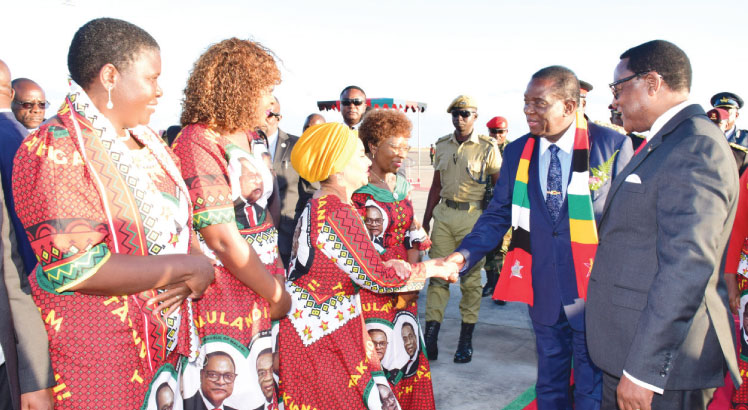State Residences is on a hiring frenzy, with the number of workers nearly doubling between 2015 and 2023, budget documents show.
As a result, the State Residences annual wage bill has more than quadrupled over the past eight years to K6.2 billion for the current 908 workers from K1.4 billion for the 503 employees in 2015.
The budget documents also show that most of the staff bloating the State Residences payroll filled positions not sanctioned by Capital Hill’s Department of Human Resources Management and Development.
A scrutiny of the documents for fiscal years covering 2015 to 2023 further show that at one point, State Residences hired as many as 1 495 outside established posts.
The programme-based budget document number five shows that by July 1 2015, during the Peter Mutharika administration, State Residences had 503 employees against an establishment of 537. This cost taxpayers K1.4 billion annually.
Come July 1 2016, the number had almost doubled to 936 against a new establishment of 837, costing government K2.04 billion annually.
Chibwana: It’s politics of patronage
In July 2019, State Residences had 1 330 people, but the number jumped to 1 495 as at June 30 2020, costing the government K2.39 billion annually.
When President Lazarus Chakwera took power through the court-sanctioned fresh presidential election on June 23 2020, total established posts at State Residences were reduced to 722.
The new administration maintained the staffing levels as of July 1 2020, but by June 30 2022, more people were hired, reaching 822 and heaping a K2.8 billion wage bill burden on the taxpayer.
By July 1 2022, the number rose to 1 150 and by March 30 this year, State Residences had 908 people against the 722 established posts.
Besides staff, the number of vehicles maintained by State Residences has also increased from 50 in 2016 to 100 this year.
The changes have contributed to the State Residences’ annual budget allocation rise from K7.4 billion in 2015 to K24.5 billion this year, according to the documents.
The hiring frenzy comes even as government is failing to fill in established positions in crucial sectors such as health where the vacancy rate stands at around 52 percent.
In the education sector, government has been struggling to hire thousands of teachers it trained, citing lack of funding.
Governance and accountability analysts have decried the bloated staff complement, which they attribute to rewarding of political party loyalists by governing political parties.
In an interview yesterday, public expenditure tracking expert Mavuto Bamusi, himself a former presidential aide to Mutharika, said political patronage takes centre stage at the expense of public resources.
“The fear is that the system operates on the wheels of impunity. The culture of abuse of resources becomes institutionalised. State House becomes a channel for drain of scarce budget funds at the expense of economic development,” he said.
Catholic Commission for Justice and Peace national coordinator Boniface Chibwana said over hiring of staff at State Residences reflected politics of patronage and expediency where leaders want to please those who helped them to ascend to power.
He said: “Should we thank people by giving them non-established positions? That’s why the budget keeps on rising every year and we are reaching unprecedented levels. One day, we will reach over 2 000 staff at State House. Are we going to manage them on the meagre resources that we have?”
In a separate interview, Centre for Human Rights and Rehabilitation executive director Michael Kaiyatsa also queried the rising number of staff at State Residences.
He said the soaring numbers send a chilling message that the current administration has no respect for the set establishments and laid down procedures.
“The decision to hire more people for non-established posts casts doubt on government’s commitment to implement austerity measures, which is worrisome considering the current economic crisis facing the country,” Kaiyatsa said.
But presidential press secretary Anthony Kasunda said yesterday the high number of non-established staff is justified because of the growing size of government and operations of State Residences.
He said the size of government and operations of State residences have increased due to an increase in population.
Said Kasunda: “The State Residences were established some years back when the population was small and the size of the government was relatively small. Since then, the population has multiplied and the size of government has proportionally grown, including the operations of the State Residences.”
On State Residences vehicles, he said Chakwera was using a fleet inherited from the Mutharika administration. He said the presidential motorcade is only replaced when the vehicles are certified no longer fit for use.
Minister of Finance and Economic Affairs Sosten Gwengwe in an interview said such non-established positions are essential and required by the Office of the President and Cabinet (OPC) from time to time.
But under the Malawi Public Service Regulations, no appointment may be made unless the office is established and approved by the Secretary for Personnel Management and Training and provision for the emoluments of the office made in the estimates.
The post Hiring frenzy at state house first appeared on The Nation Online.
 Moni Malawi
Moni Malawi 

